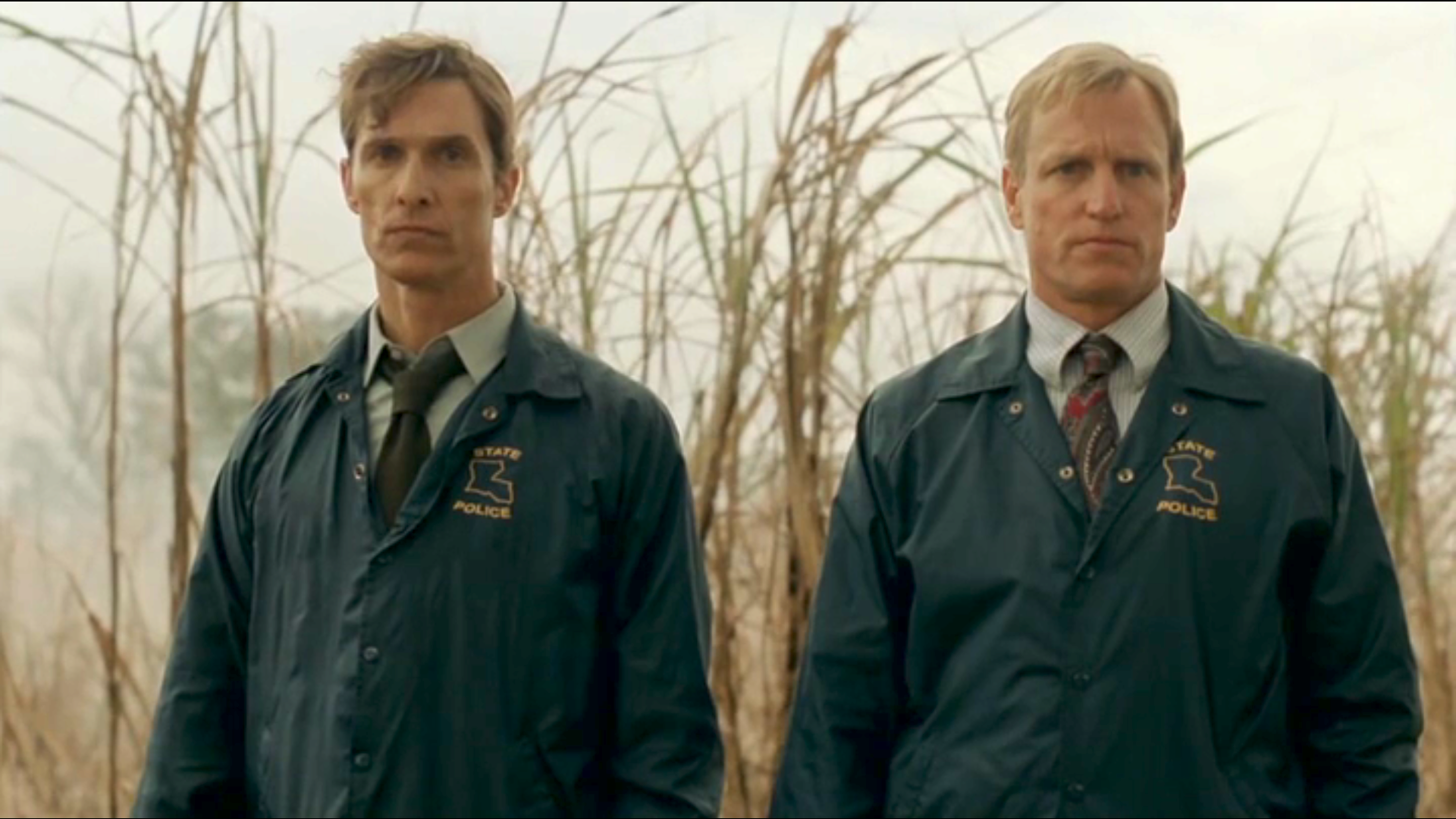“True Detective,” a series that once captivated audiences with its dark, philosophical intrigue and complex characters, has traversed a decade-long journey only to find itself enmeshed in controversy.
Despite its attempts to delve into the depths of the human psyche and explore the grim realities of crime, the show stands accused of leaning heavily on the creative works of others, casting a shadow over its legacy.

The Art of Borrowing or Stealing?
At the heart of “True Detective’s” critique is the fine line between inspiration and imitation. The series, particularly through the character of Rust Cohle, has been highlighted as a prime example of this dilemma. Rust, portrayed masterfully by Matthew McConaughey, embodies a philosophical pessimism that resonates deeply with viewers.
Yet, this resonance is tainted by allegations of the character’s core ethos being lifted from the works of thinkers like Thomas Ligotti and E.M. Cioran. The striking similarities between Cohle’s dialogue and Ligotti’s prose have raised questions about the ethicality of such creative borrowings.

True Detective: A Mosaic of Influences
Each season of “True Detective” appears to be a patchwork of various genres and influences, ranging from Southern horror noir to Arctic horror noir. While the series has been praised for its atmospheric storytelling and compelling performances, the acknowledgment of its derivative nature is unavoidable.
The second season’s attempt to capture the essence of L.A. noir, the third season’s exploration of racial dynamics in law enforcement, and the fourth season’s venture into Arctic horror all demonstrate a reliance on pre-existing narratives and themes. This approach has left audiences with a lingering sense of déjà vu, detracting from the show’s originality.
The Challenge of Authenticity in Storytelling
The predicament of “True Detective” sheds light on a broader issue within the entertainment industry: the challenge of crafting genuinely original content. In an era where stories are constantly being retold, reimagined, and rebooted, finding an untouched narrative seems increasingly elusive. The series’ struggle to carve out a unique identity amidst its borrowed elements is emblematic of this creative conundrum.
WHAT THE HELL JUST HAPPENED?! #TrueDetective pic.twitter.com/9Xzvb3MoRT
— Luis Enrique (@SquantsIsland) February 10, 2024
A Reflection on Creativity and Legacy
As “True Detective” navigates the murky waters of inspiration versus imitation, it prompts a reflection on the nature of creativity itself. While the series has undeniably provided audiences with captivating television, its reliance on the intellectual property of others cannot be ignored. The show’s legacy, therefore, becomes a complex tapestry of brilliant performances and storytelling overshadowed by questions of originality.
In the end, “True Detective” serves as a cautionary tale about the importance of distinguishing between being inspired by the work of others and appropriating it wholesale. As the curtain falls on this enigmatic series, its true detective work may lie in unraveling the intricacies of its own creation.









